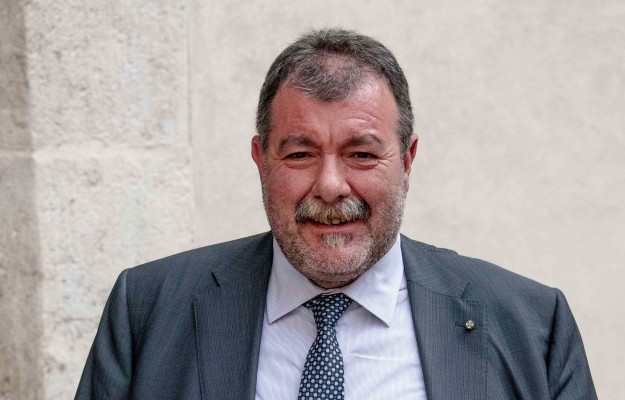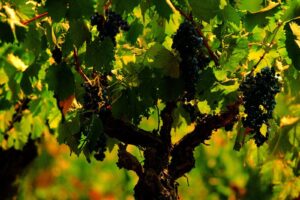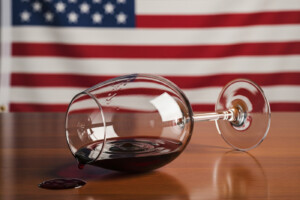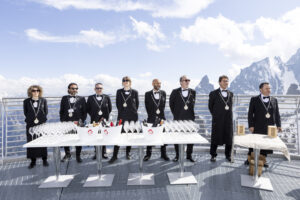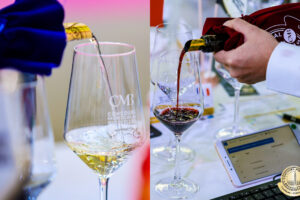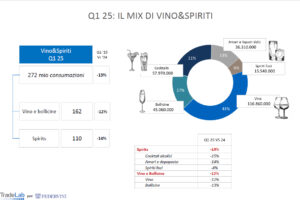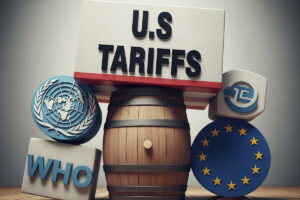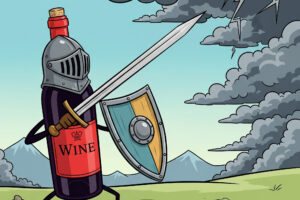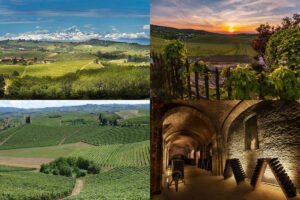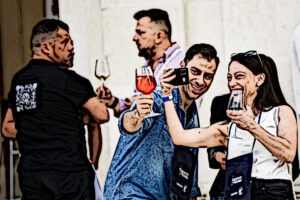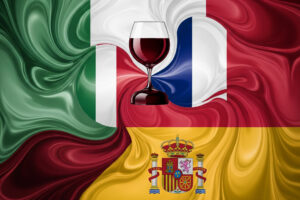Wine cooperatives produce more than half of Italy’s and Europe’s wine. A production and business model that, in addition to producing volume, in recent years has pushed hard on experimentation and quality, and continues to be a garrison of territories that, in some cases, without the cooperative model to network so many small and very small winemakers who would not have the strength to reach the market, would be abandoned. And it is a world, the cooperative world, that, with the strength of numbers, can also play a leading role on important battles for the sector, ranging from the issue of nutritional labeling to the very hot topic of the relationship between wine and health, to the more technical but no less important ones of EU reforms on packaging and the use of pesticides. Leading the European wine cooperation will again be Luca Rigotti, wine sector coordinator of Alleanza Cooperative Agroalimentari, who was reappointed for the next two years as head of the Wine Working Group of Copa-Cogeca, the main European agribusiness representative organization. The election took place, this week, in Brussels. Luca Rigotti will be joined by vice presidents Ludovic Roux (France) and Christian Schwörer (Germany).
An entrepreneur in the wine sector and president, since 2012, of the Mezzacorona Group and its subsidiary Nosio Spa, Rigotti has since 2019 taken on the role of coordinator of the wine sector of the Agri-food Cooperatives Alliance, which associates 400 cooperative wineries that produce 58& of Italian wine. “For the confidence confirmed, I thank you again for my re-election as president of this working group”, Rigotti said, “and I am aware of the challenges that await us and that we will have to face together. For us producers who know wine well, and who equally well know the hard work and passion that guides us in producing it, sometimes it seems difficult to understand certain political orientations that put in difficulty a product that for millennia has been part of our culture and a sector that represents an important part of the European economy and exports. Our sector is going through a delicate and crucial moment taking into account the important dossiers that, in the near future, will be the subject of discussion with other organizations and European institutions: nutritional labeling, the relationship between wine and health, and the European Commission’s proposals on the packaging reform front and with regard to the sustainable use of plant protection products. Then, among the great issues of the future”, Rigotti said again, “there is the issue of sustainability, a road that our sector is already traveling in the knowledge that the future of agriculture will be successful to the extent that we know how to interpret these horizons in the right way. This requires dialogue and maximum collaboration between the production sector and legislative bodies to share goals that are realistically achievable. It is important to keep in mind how our sector is already creating sustainability not only environmentally but also economically and socially, and where there is viticulture there is already an experience of sustainability for the wine-growing territories and the communities that live there: where there is viticulture there is well-being and work”.
Copyright © 2000/2025
Contatti: info@winenews.it
Seguici anche su Twitter: @WineNewsIt
Seguici anche su Facebook: @winenewsit
Questo articolo è tratto dall'archivio di WineNews - Tutti i diritti riservati - Copyright © 2000/2025










